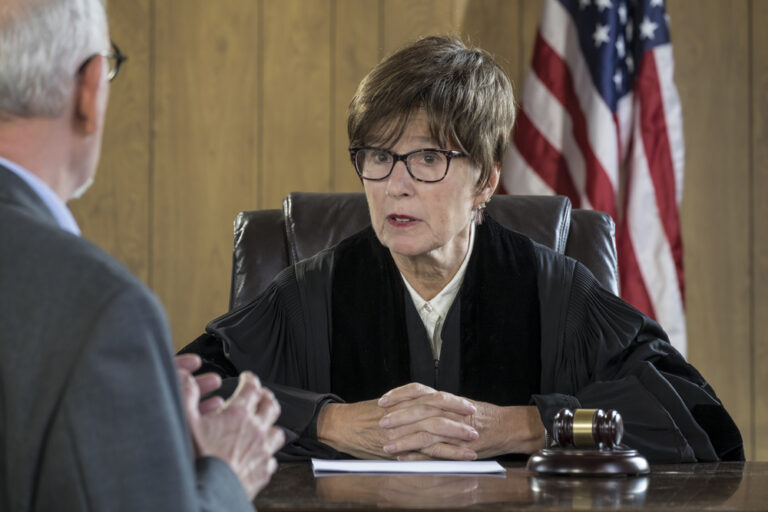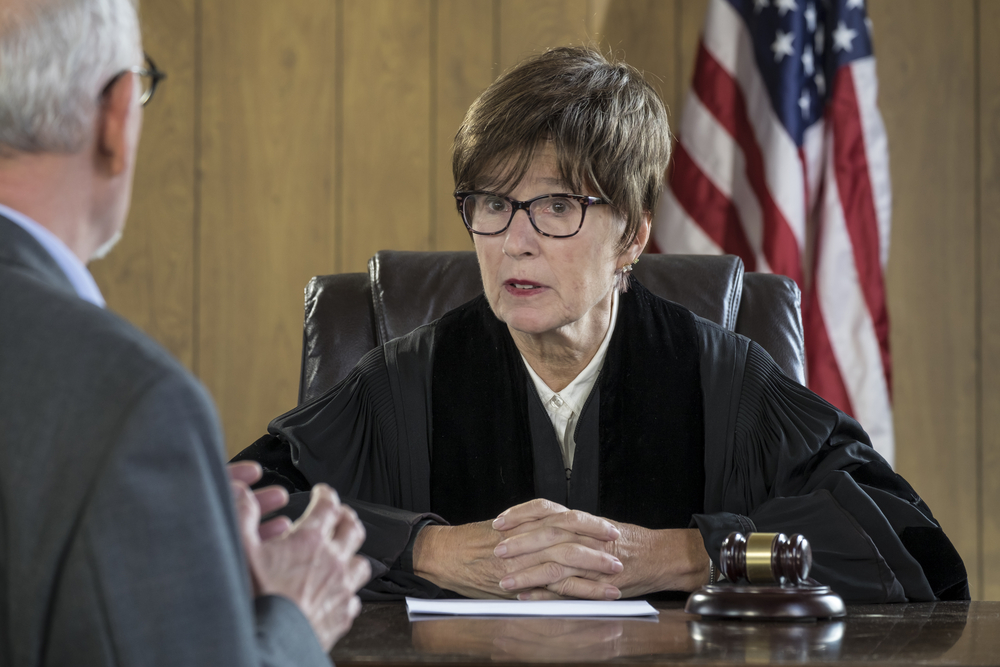
Why Hire an Elder Law Attorney?
Elder law attorneys may specialize in estate planning, incapacity planning, and end-of-life care for seniors. They also help older adults remain in their homes as they age and protect them from abuse. These practitioners are essential because they work to protect a vulnerable population. To




